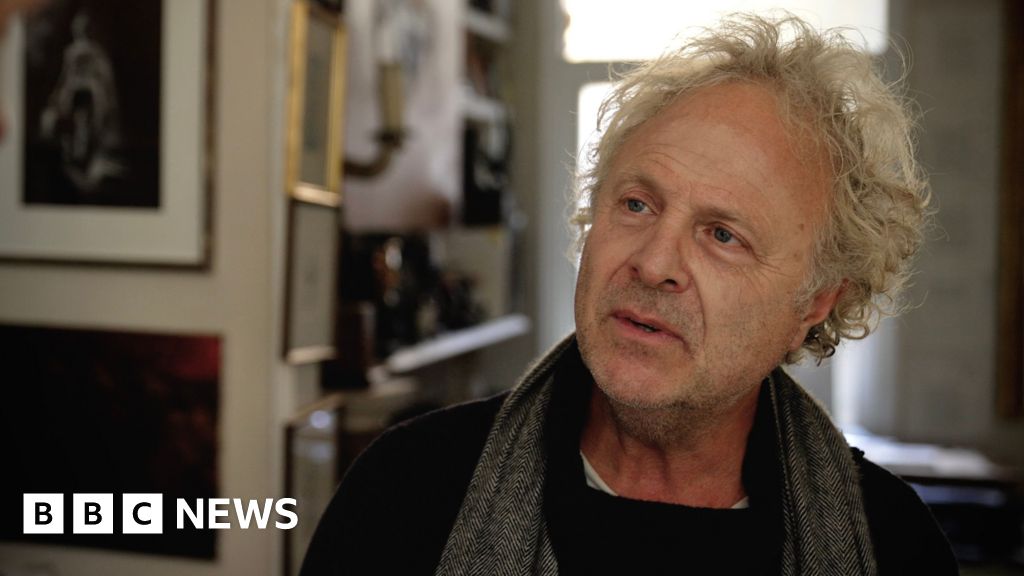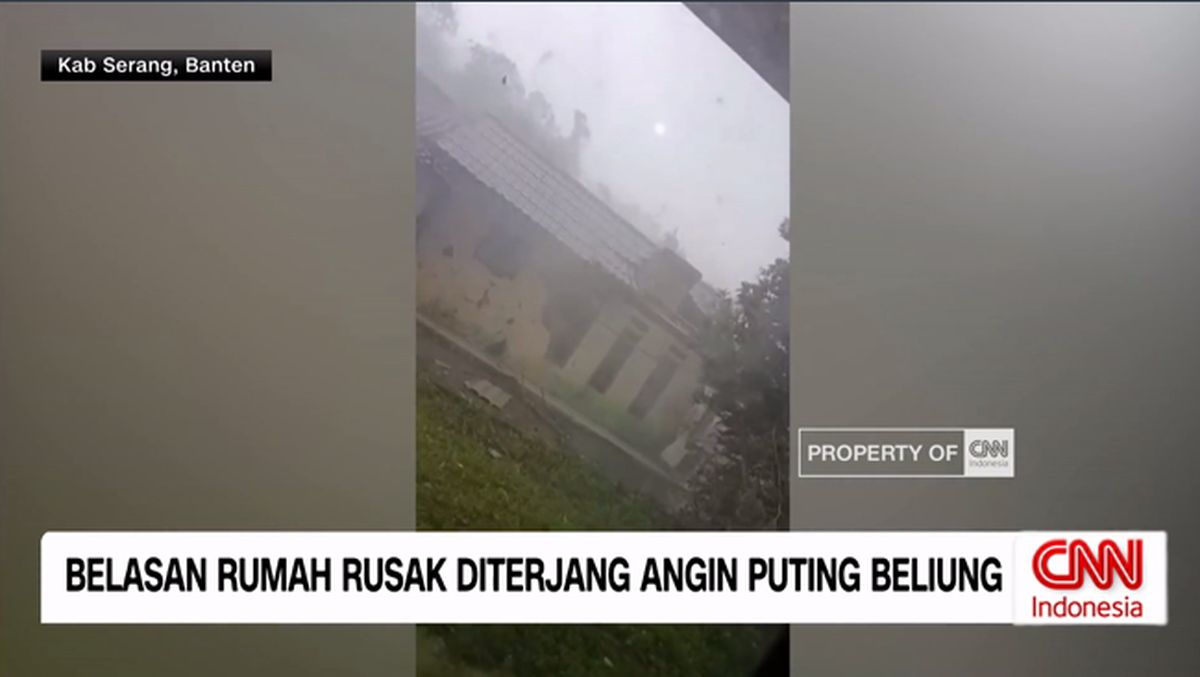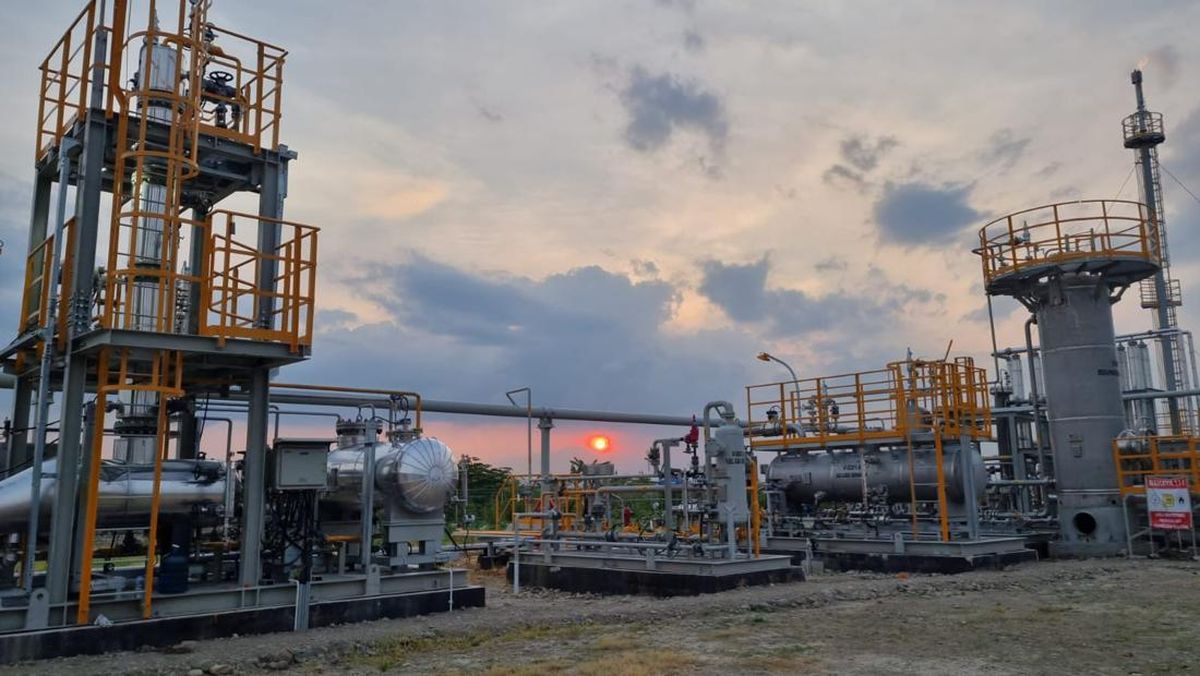Commuters will receive two fare-free days across all NSW train and metro lines after rail unions voted to accept the government’s pay rise offer.
Travellers will not have to tap on at any stations on Thursday July 31 and Friday August 1, as recognition for the disruption and frustration caused by the industrial action during the recent pay dispute with rail unions.

Opal readers will be switched off at train stations for two days.Credit: Janie Barrett
Of the 11,735 workers who participated in a vote on the new pay agreement, 92 per cent voted in favour of the government’s 12 per cent pay rise offer over three years, with essentially another four per cent thanks to back pay to May 2024.
Opal readers will be turned off across the network, including at metro stations, and TrainLink customers will be refunded the price of tickets booked for those days. Full fares will still apply to buses, light rail and ferries.
The result will be welcome news for commuters after the rail union’s campaign of industrial action, sparked last September, brought chaos to the network.
The fare-free days were to recognise patience of the travelling public as well as the cafes, shops and other small businesses that were the “collateral damage” of the disruptions, a government statement said.
“Some of these businesses took a big hit during the period of disruption and they deserve a shot in the arm,” Transport Minister John Graham said.
“We want to acknowledge the period of protected industrial action took its toll on rail passengers but today we also look forward with optimism to a train system that will benefit from the entire workforce and management pulling in the same direction and the introduction of new technology to improve reliability and recovery times when disruption occurs.”
The industrial action, which included “go slow” edicts and bans across a range of work activities threatened major events including New Year’s Eve, and left passengers stranded on packed platforms and carriages during the summer.
A reprieve finally came when the Fair Work Commission ordered the unions to halt industrial action in February, however that order expired July 1.
Loading
The unions had initially asked for a 32 per cent pay rise over four years and a 35-hour working week. That was countered with a government offer of 9.5 per cent over three years.
It took months of negotiation to end the bitter pay dispute and agree on what Transport Secretary Josh Murray called a “complex rail agreement”.
“The parties have worked hard on new measures in this agreement to help restore confidence in the way we manage disruption, and the way we collaborate on rolling out new infrastructure. We can now get on with the plan.”
RTBU Secretary Toby Warnes described the dispute as a “tough process”, and said the pay increase was needed considering the “difficult job” rail workers have.
“It’s fantastic that this long, and often bitter, dispute can finally be put behind us and that workers can get back to doing what they do best – moving commuters safely around the state,” Warnes said.
The new agreement, which will now be lodged with the Fair Work Commission for formal approval, expires in 2028.
While the state government’s union woes are over, Premier Chris Minns still faces scrutiny on how prepared the network is to deal with emergencies, after an overhead wiring fault crippled the network for three days in May.
The Morning Edition newsletter is our guide to the day’s most important and interesting stories, analysis and insights. Sign up here.
Most Viewed in National
Loading


















































